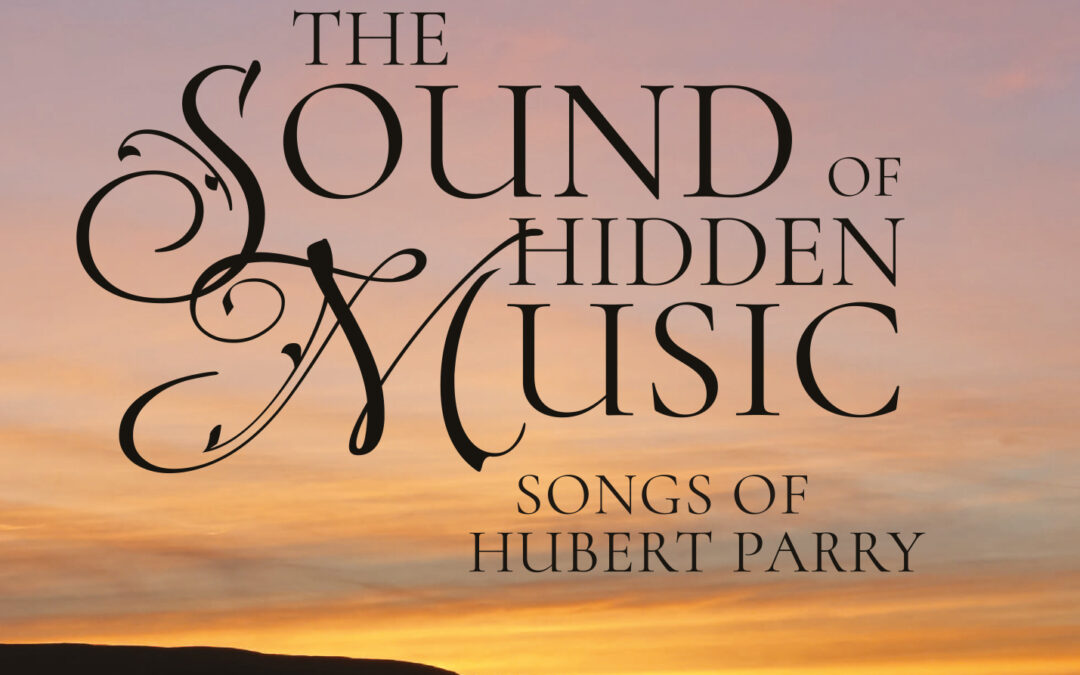Jeremy Huw Williams baritone
Paula Fan piano
EM Records EMR CD084
In the notes which accompany this issue, the late Paula Fan, who accompanies these songs by Parry, makes the point that the composer’s reputation would appear to rest on a small group of works from what was a prodigious output. On the one hand he is regarded as providing a contribution to ‘the soundtrack of British pomp and circumstance’, as she put it in the notes, while at the same never quite freeing himself from the suggestion of aristocratic dilettantism.
Part of this stems from the very natural comparison with his colleague Stanford, who was the consummate musical professional and it is true that some of Parry’s music lacks the finish found in that of his distinguished contemporary. Yet, for all his skill, Stanford never succeeded in writing music such as Parry produced in Blest Pair of Sirens, I was glad or Jerusalem, works which epitomise a certain identifiable musical sensibility that is unmistakeably British.
The same is true in the 12 sets of English Lyrics, where Parry’s choice of texts is judicious, sometimes inspired, but never tawdry or overly sentimental. For the period this is unusual, when the drawing room ballad was one of the most popular forms of composition, and often the texts were far below the quality of the music.
The selection of 26 songs on this disc gives a very full picture of Parry’s skill as a writer of songs, which deserve to be far better known. Three are world première recordings, including a setting of The Laird of Cockpen; something of a risk, given how well-known is the folksong version of Lady Nairne’s lyric. However, Parry succeeds in capturing the pawky humour, expressive of the Jacobite distaste for Whiggish nouveau riche pretension.
The performances are all very well executed, although I would have preferred more variety of vocal colour, and a slightly more histrionic approach in a song such as The Laird of Cockpen. Jeremy Huw Williams’ vocal timbre may not appeal to everyone, but I would single out the setting of Mary Coleridge’s Whether I live as being one of the songs which are expressively outstanding As indeed is following example, There, to a lyric also by Mary Coleridge, which clearly inhabits the same spiritual and philosophical territory.
I found this a most enjoyable disc, and gathering such a generous selection of Parry’s songs makes it useful for anyone wishing to get to know better this aspect of Parry’s art.
Review by Martyn Strachan

